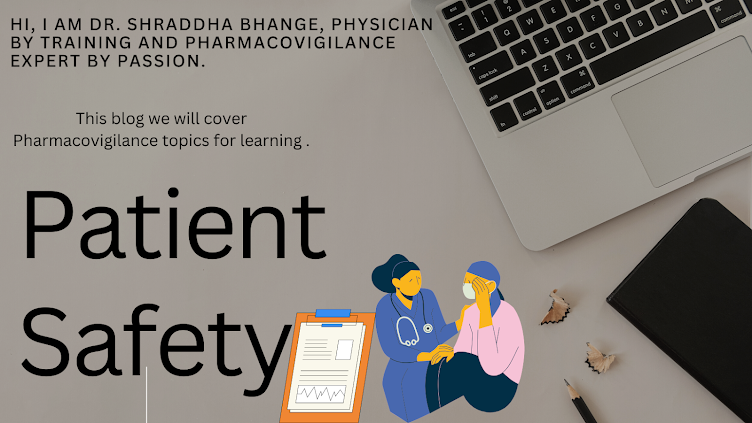Summary of Module IX – Signal management
Continuing the series on Guideline on good pharmacovigilance practices, in this blog i will jump right into module VI having covered module I , II, III, IV, V, VI and VII in previous blogs.
This module describes the signal requirements.
Overall, the module does go in more and clear details on expectations and its best to read module thoroughly and completely when one has to participate, perform and/or review signals.
Reference:https://www.ema.europa.eu/en/documents/scientific-guideline/guideline-good-pharmacovigilance-practices-gvp-module-ix-signal-management-rev-1_en.pdf
Signal: Information
arising from one or multiple sources, including observations and experiments,
which suggests a new potentially causal association, or a new aspect of a known
association between an intervention and an event or set of related events,
either adverse or beneficial, that is judged to be of sufficient likelihood to
justify verificatory action.
Sources: Sources may
include spontaneous reports, clinical studies and the scientific literature.
A signal generally involves an active substance regardless of its indication, strength or route of administration and applies to all brand names / medicinal products containing the active substance, including fixed combinations. However, in some instances a signal may be relevant only to a particular indication, strength or route of administration. On the other hand, a signal may encompass all active substances of a therapeutic class.
Process:
- Steps in signal management are detection, validation, confirmation and prioritization. Prioritization is throughout the lifecycle.
Timelines:
- Emerging safety issue: as soon as possible but no later than 3 days
- Monitoring of EudraVigilance data at least every 6 months unless requested otherwise or the product is part of monitoring list.
- Standalone signal notification: This should be done as soon as possible and no later than 30 days after the marketing authorization holder has completed their assessment and concluded that further analysis by the competent authorities is required.
Expectations from MAH:
- All organizations should have a robust signal management process and keep an audit trail of their signal management activities, allowing traceability and process control of all steps of signal management, including analyses, decisions and rationale for all the sources, methods and outcome of signals.
- In EU Signal management is required for list of active substances as published on EMA website.
- Refuted signals should only be reported in PSURs. Other validated signals should be reported as standalone notification, through submission of safety variations and/or within PSURs. Validated signals should also be presented in the relevant sections of the periodic safety update report (PSUR).
- Standalone notifications of signals detected in EudraVigilance within the scope of the pilot should be sent to the Agency (MAH-EV-signals@ema.europa.eu) and to the competent authorities member States where the medicinal product is authorized. The standalone signal notification form and the national contact points are available on the EMA signal management webpage.
- MAHs have a legal obligation to ensure that their product information is kept up to date with the current scientific knowledge, including published PRAC recommendations on signals
- If the MAH considers that a validated signal from any source may qualify as an Emerging Safety Issue, they should notify it in writing to the competent authorities in Member States where the medicinal product is authorized and to the EMA via email (P-PV-emerging-safety-issue@ema.europa.eu), as per the process outlined in GVP Module IX.
- Various components on where to report what type of signal in what timelines are detailed in the module. The details regarding how to scientifically validate, confirm or prioritize signals is also provided.
Written by:
Connect with me Via comments below. (I do not respond to Facebook or Linkedin messages actively)


No comments:
Post a Comment
Please share your suggestions, they are most welcome!